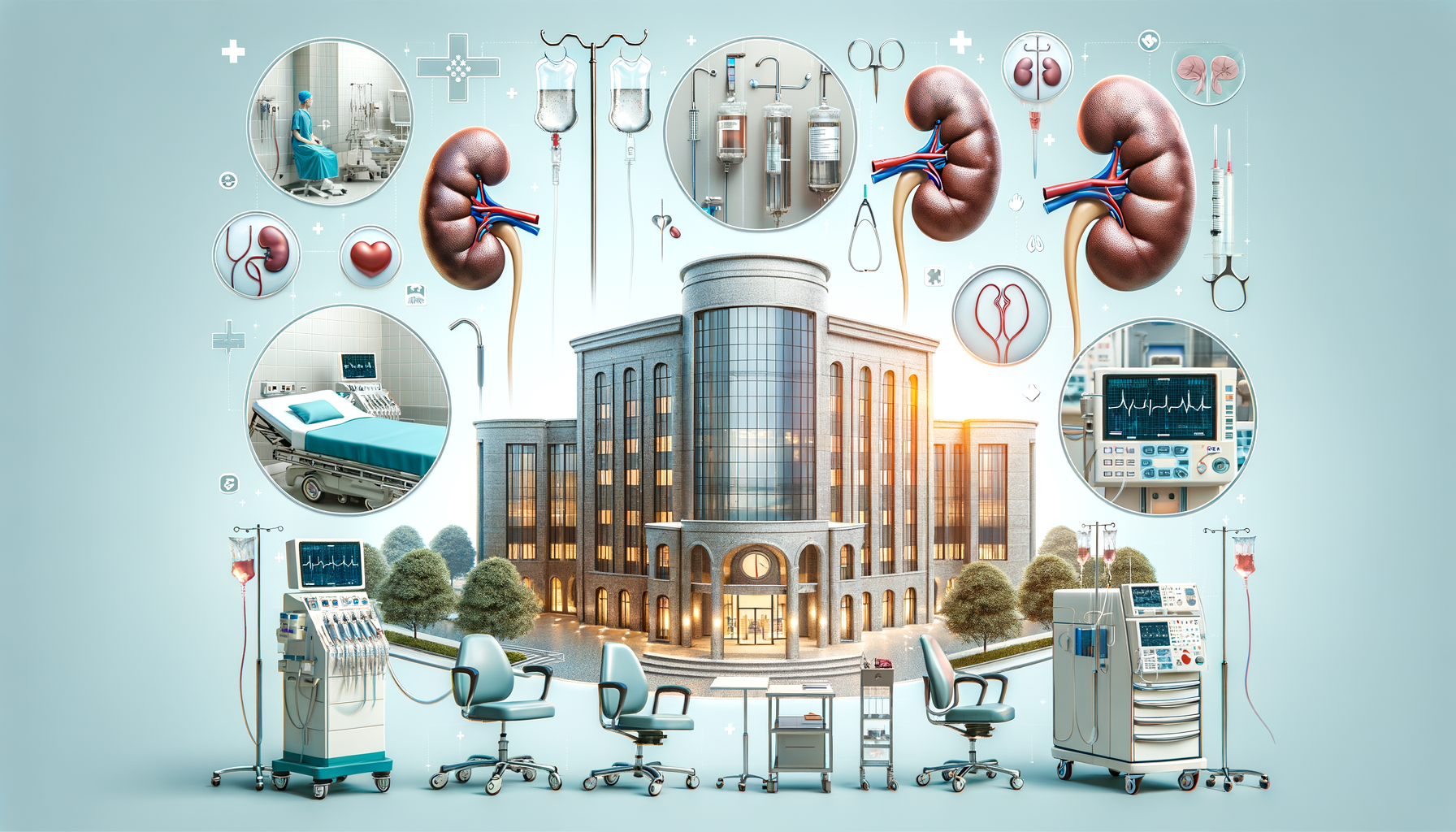Introduction to Kidney Transplant Hospitals
Kidney transplant hospitals play a pivotal role in providing life-saving treatments for individuals with end-stage renal disease. These specialized medical centers are equipped with the necessary infrastructure and expertise to perform intricate transplant procedures. The significance of kidney transplant hospitals extends beyond the operating room, as they are also centers for research, patient education, and post-operative care.
Understanding the function and operation of these hospitals is crucial for patients and their families. It helps them make informed decisions when choosing the right facility for their needs. This article delves into various aspects of kidney transplant hospitals, highlighting their importance in the healthcare ecosystem.
Key Features of Kidney Transplant Hospitals
Kidney transplant hospitals are characterized by several key features that ensure they provide exceptional care. These facilities typically offer:
- Multidisciplinary Teams: A team of specialists, including nephrologists, surgeons, nurses, and dietitians, collaborate to deliver comprehensive care.
- Advanced Technology: State-of-the-art medical equipment and technology are employed to enhance surgical precision and patient outcomes.
- Patient-Centric Care: Hospitals focus on personalized treatment plans that cater to the unique needs of each patient.
- Research and Innovation: Many hospitals engage in cutting-edge research to improve transplant procedures and patient care.
These features collectively contribute to the hospitals’ ability to provide high-quality care and improve patient survival rates.
The Process of Kidney Transplantation
The kidney transplantation process is a complex journey that involves several stages, each critical to the success of the procedure. The process typically includes:
- Evaluation: Patients undergo thorough medical evaluations to determine their suitability for transplantation.
- Waiting List: Eligible patients are placed on a waiting list for a suitable donor organ.
- Surgery: Once a match is found, the surgical procedure is performed to transplant the donor kidney.
- Post-Operative Care: Patients receive ongoing care to monitor their recovery and prevent complications.
Each stage requires meticulous planning and coordination among the healthcare team to ensure the best possible outcomes for the patient.
Choosing the Right Kidney Transplant Hospital
Selecting the right kidney transplant hospital is a critical decision that can significantly impact the success of the procedure. Patients and their families should consider several factors, including:
- Hospital Reputation: Look for hospitals with a strong track record of successful transplants and patient satisfaction.
- Experience and Expertise: Consider the experience of the surgical team and the hospital’s history in performing kidney transplants.
- Support Services: Evaluate the availability of support services such as counseling, financial assistance, and patient education.
- Location: Proximity to the hospital can be important for follow-up care and emergencies.
By carefully assessing these factors, patients can make informed decisions that align with their medical and personal needs.
Future Trends in Kidney Transplantation
The field of kidney transplantation is continually evolving, with new trends and innovations shaping the future of treatment. Some emerging trends include:
- Artificial Organs: Research is underway to develop artificial kidneys that could potentially eliminate the need for human donors.
- Regenerative Medicine: Advances in stem cell research may lead to new treatments that regenerate damaged kidney tissue.
- Genomic Medicine: Personalized medicine approaches are being explored to tailor treatments based on an individual’s genetic makeup.
- Telemedicine: The use of telehealth services is expanding, allowing for remote monitoring and consultations.
These trends hold the promise of improving patient outcomes and expanding access to kidney transplantation for more individuals worldwide.








